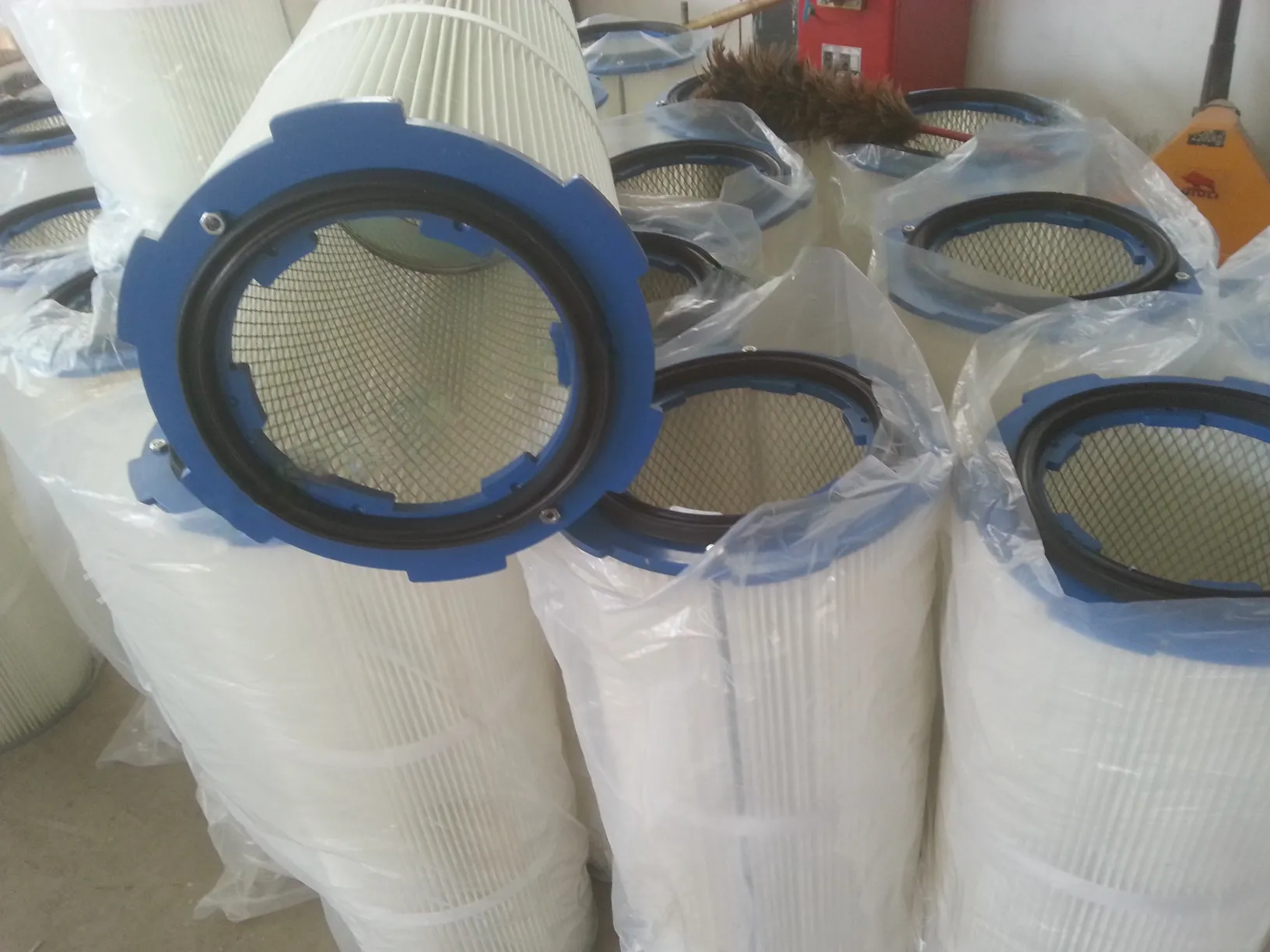 Tel:
+8615930870079
Tel:
+8615930870079
Nën . 23, 2024 04:07 Back to list
stainless steel mesh filter cartridge
Stainless Steel Mesh Filter Cartridges An Essential Component for Efficient Filtration
In various industrial applications, the need for effective filtration systems is paramount. One of the most reliable solutions for this purpose is the stainless steel mesh filter cartridge. These cartridges play a crucial role in ensuring the purity and quality of liquids and gases used in processes across different sectors, including pharmaceuticals, food and beverage, chemicals, and oil and gas. This article delves into the design, benefits, applications, and maintenance of stainless steel mesh filter cartridges.
Understanding Stainless Steel Mesh Filter Cartridges
Stainless steel mesh filter cartridges are cylindrical filters made from stainless steel mesh, which offers exceptional durability and resistance to corrosion. The mesh is typically woven to form a fabric with specified pore sizes, allowing the filtration of particles of various dimensions while enabling the flow of fluids. These cartridges can be designed to fit various filter housings, making them versatile and adaptable to different filtration setups.
The use of stainless steel in their construction provides several advantages over other materials. It can withstand high temperatures and pressures, making these filter cartridges suitable for demanding environments. Additionally, stainless steel is inert, meaning it does not react with the substances being filtered, thus maintaining the integrity of the product.
Benefits of Stainless Steel Mesh Filter Cartridges
1. Durability and Longevity Stainless steel mesh filter cartridges are built to last. Their resistance to rust and corrosion ensures that they do not degrade over time, reducing the need for frequent replacements and leading to lower operational costs.
2. High Flow Rates The open surface area of the mesh allows for high flow rates, which is crucial in processes requiring a continuous supply of filtered materials. This characteristic enhances the efficiency of filtration systems, minimizing throughput times.
3. Reusability Unlike disposable filters, stainless steel mesh cartridges can be cleaned and reused multiple times. This reusability not only makes them eco-friendly but also provides significant cost savings over time.
4. Customizability These cartridges can be manufactured with various mesh sizes and configurations to meet specific filtration requirements. This means you can tailor the filter to remove particular contaminants while allowing desired substances to pass through.
stainless steel mesh filter cartridge

5. Ease of Cleaning and Maintenance Cleaning stainless steel mesh is straightforward, allowing for quick maintenance of the filtration system. Simple backwashing or ultrasonic cleaning can restore the mesh to its original state without damaging it.
Applications of Stainless Steel Mesh Filter Cartridges
Stainless steel mesh filter cartridges are employed across various industries
- Pharmaceuticals Ensuring the purity of solvents and active ingredients during production is critical. These filters help maintain stringent hygiene and quality standards.
- Food and Beverage In the food industry, filter cartridges are vital for ensuring product quality and safety. They help remove impurities such as sediments and particles from liquids like juices or oils.
- Chemical Processing In this sector, robust filtration is needed to protect equipment from contaminants. Stainless steel mesh cartridges prevent harmful particles from entering machinery, extending their lifespan.
- Oil and Gas Used in upstream to downstream operations, these filters help in the removal of particulates from crude oil and natural gas.
Conclusion
Stainless steel mesh filter cartridges are indispensable components in modern filtration systems. Their durability, high flow rates, and ease of maintenance make them ideal for a wide range of applications. As industries continue to evolve and emphasize efficiency and sustainability, stainless steel mesh filter cartridges are poised to play an even more significant role in ensuring the quality of liquids and gases, driving productivity while minimizing environmental impact. Embracing this technology is not just a trend; it is a necessity for achieving operational excellence.
-
Types and Applications of Air Filtration CartridgesNewsJul.28,2025
-
The Role of Gas Turbine FiltersNewsJul.28,2025
-
Mastering Air Filter Cartridge UseNewsJul.28,2025
-
Advanced Turbine Filters for Modern Gas TurbinesNewsJul.28,2025
-
Cellulose Air Filter Cartridge Advantages in Dust FiltrationNewsJul.28,2025
-
Cellulose Filters for Air Particle ReductionNewsJul.28,2025

 Email:
Email:





